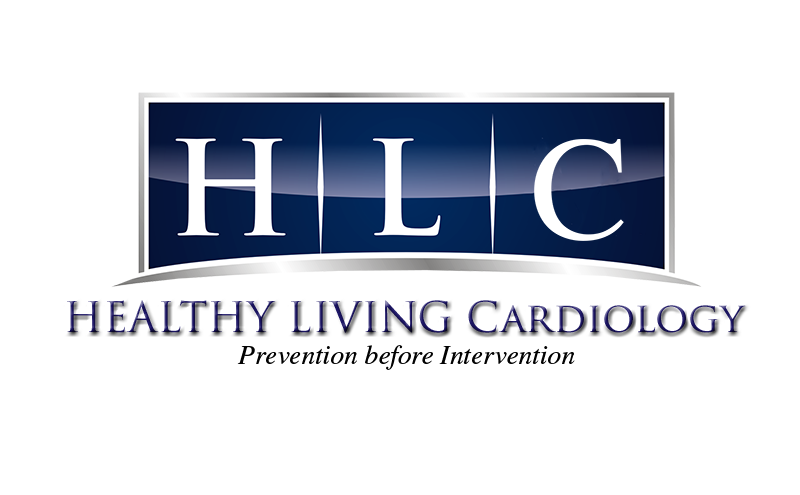Echocardiogram (TTE) – An echocardiogram is an ultrasound of the heart. It is usually used to look for structural abnormalities such as valve problems, weak heart muscles, and fluid around the heart.
Carotid Ultrasound – A carotid ultrasound is usually used to screen for blockage or narrowing of the carotid arteries, a condition called stenosis that may increase the risk of stroke.
Bilateral lower extremity arterial ultrasound – The bilateral lower extremity arterial ultrasound looks at the arteries in the legs. This exam can help determine if there is narrowing of the leg vessels that may cause leg pain when walking. It may also help with evaluation of resting leg pain, lower extremity ulcers, and skin discoloration.
Bilateral lower extremity venous ultrasound -The bilateral lower extremity venous ultrasound provides images of the veins in the legs. It is commonly used to determine if there are any blood clots in the legs and or lungs. It can help to evaluate symptoms such as leg pain or swelling, varicose veins and shortness of breath.
Stress Test – Treadmill – An exercise stress test is used to measure the effect of exercise on your heart. While you exercise an electrocardiogram is used to measure the electrical activity of your heart. A stress test can help determine if there is a blockage in the arteries that supply blood to your heart (coronary artery disease).
Nuclear Stress Test – A Nuclear stress is an imaging method that uses a liquid to show how well blood flows into the heart muscle. It can help determine if there is a blockage in one of the arteries to the heart. It can also help identify coronary heart disease, an oversized heart, and heart pumping capability.
Home Sleep Study – A home sleep study evaluates if you have sleep apnea. Sleep apnea is a condition where you quit breathing during sleep. It can cause cardiovascular problems such as arryhthmias, high blood pressure, and increase the risk of heart disease. We use a simple device that looks like a watch and has a one-time use finger probe that is worn at home while sleep.
Cardiac Monitoring – A wearable monitor that continuously records the heartbeat while going about daily activity. It helps to determine reasons for irregular heart rhythms.
Electrocardiogram – EKG/ECG – An EKG is a six second snap shot of the electrical activity of your heart. It can help see major abnormalities of the heart such as a prior heart attack or rhythm problem which may need further evaluation.
Cardiac Clearance – Preoperative cardiac evaluation to determine cardiac risk before surgery. This information helps determine the increased risk for a cardiovascular event during surgery. It can help the patient and surgeon better understand the benefit-to-risk ratio of a procedure and may lead to intervention that decrease risk.
Wellness Exams – A wellness exam is a review of your general well-being. The physician reviews your medical problems, perform a physical examination and make recommendations concerning your health. This may include general recommendations regarding diet and exercise, and age-appropriate cancer screenings.
